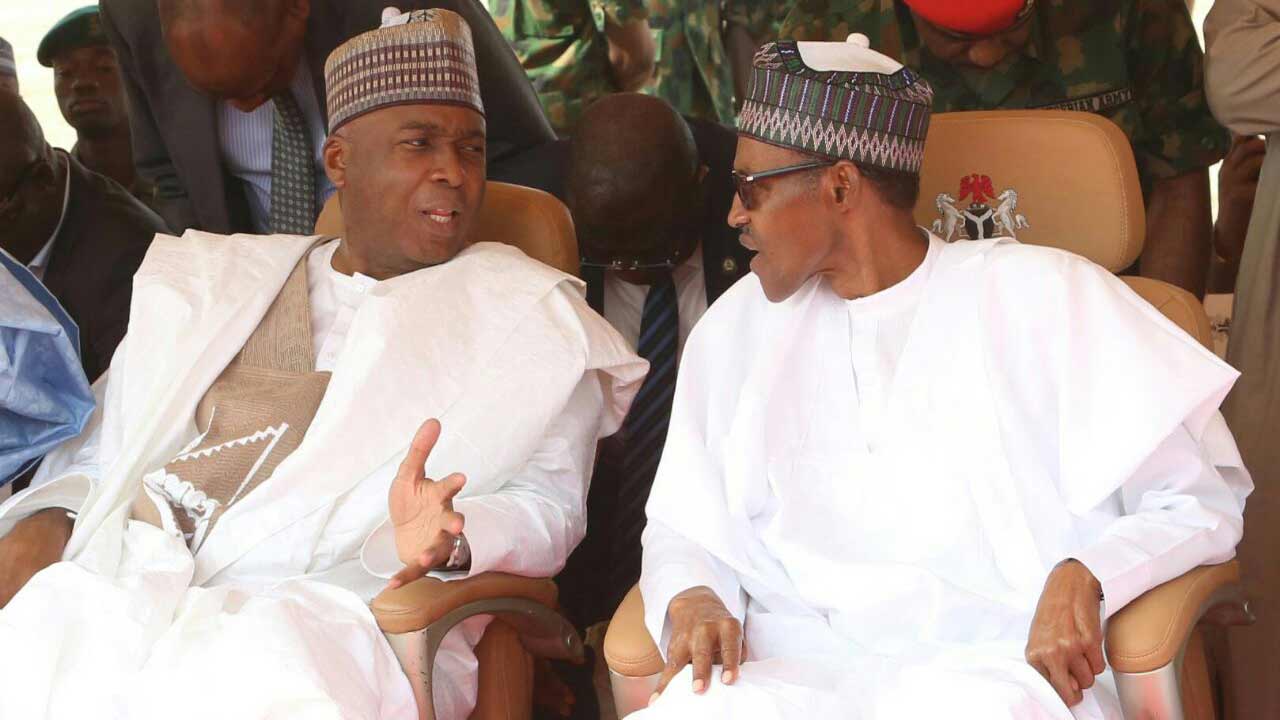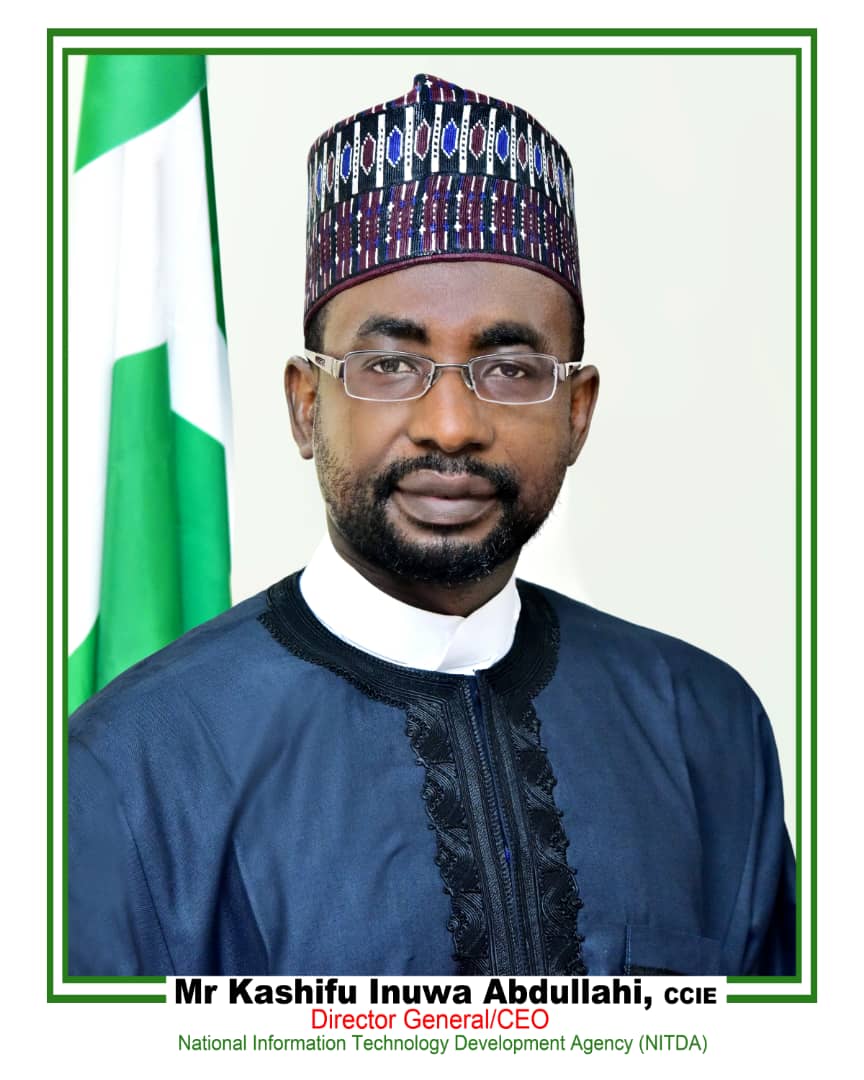In August 2016, Nigeria slipped into recession, with the latest growth figures showing the economy contracted 2.06% between April and June.
Otherwise, the country saw two consecutive quarters of declining growth, the usual definition of recession.
Though the Nigerian Bureau of Statistics (NBS), was quick to trace it to weaker global oil prices, analysts say it was caused by the implementation of Treasury Single Account (TSA) as “Taking government deposits from banks without reduction in mandatory reserves is bad economics and the process took Nigeria to recession in early 2016.”
However, even though in early 2017, the economy celebrated exit from recession, investigations by Business Hilights Intelligence Unit (BHIU), revealed that over 85 per cent of Ministries, Departments and Agencies (MDAs) are still under the influence of recession traced to poor background work and preparation before the advent of TSA.
BHIU is an independent economic research arm of Business Hilights Publications in Lagos Nigeria.
TSA is a government prudential management policy anchored on putting all federal monies in one account from where payments for jobs and operational expenses are made after rigorous documentation.
Studies show that several agencies of the government are secretly suffering hardship in getting funds released especially funds for jobs that are in need of quick action.
A top official of one of the federal agencies under the Ministry of Information (name with held) confided in BHIU that “We have several money demanding programmes to grow awareness, but getting funds from TSA is frustrating all our projects”.
“Majority of what MDAs succeed in doing now is to manage to secure money for paying salaries. We have piles of payments to make for jobs already done for months, but getting money released from the TSA is daunting.
The same issue is frustrating the plans of National Identity Management Commission (NIMC), in deepening awareness on the need for every Nigerian to register for the National Identity Number (NIN).
It was discovered that currently, it appears that not too many Nigerians are aware that the mandatory use of the NIN will come into full force by the first of January 2019.
This is based on a statement released by the National Identity Management Commission a few months ago. According to the Director General of NIMC, Aliyu Aziz, that “FEC’s approval of the Identity Ecosystem will bring into full force the implementation of the provisions of the NIMC Act 23, 2007, which include the enforcement of the mandatory use of the National Identification Number by January 1, 2019, and the application of appropriate sanctions and penalties on defaulters as provided under Section 28 of the NIMC Act and Regulations.”
Due to funding issues secretly suffered by the agency due to the rigorous documentation to be followed in securing funding from TSA, the agency has not been able to follow up the policy directive in the areas of awareness creation as more than half of Nigerians are yet to know that effective January I, 2019, there are certain thing you must do with NIN.
Vanguard editorial recently confessed saying, “Nigeria is one of the few countries in the world that seem unable to implement a credible National ID Card scheme to help it chart its development through the competent management of its population and human resources. The Federal Government and the NIMC should get more serious!”
Daily Trust puts it this way: “Given NIMC’s existing capacity, the deadline issued by it isn’t feasible. We, therefore, advise the government to jettison the deadline until NIMC has enough registration centres that will sufficiently extend to every part of Nigeria, including the remotest village. Only then would the Commission be justified to sanction defaulting Nigerians.”
Analysts query how in the world would such an important policy come into effect and there is no ongoing sensitisation to educate and get citizens ready or is this another ploy to set Nigerians up, so that those who are caught in the web would have to ‘settle’ to get off the hook? A question that only time would answer.
BHIU also recalls that it was funding crisis that forced and crippled NIMC in not minting and giving out National Identity Card instead of a mere computer printout containing only NIN.
Though there were issues with the minting contractor some years ago, it has not been resolved because of paucity of fund.
So many other MDAs spoken to during the course of this investigation confessed that operations of the MDAs are yet to come to terms with how TSA operates and in the process, loss track and speed of service delivery across board.
Some of the top government officials who divulged comments said though TSA is good for the economy, needed underground work for its effective takeoff was not done and that is why every MDA is still off balance since the policy came on board.
Vanguard editorial recently confessed saying, “Nigeria is one of the few countries in the world that seem unable to implement a credible National ID Card scheme to help it chart its development through the competent management of its population and human resources. The Federal Government and the NIMC should get more serious!” Daily Trust puts it this way: “Given NIMC’s existing capacity, the deadline issued by it isn’t feasible. We, therefore, advise the government to jettison the deadline until NIMC has enough registration centres that will sufficiently extend to every part of Nigeria, including the remotest village. Only then would the Commission be justified to sanction defaulting Nigerians.”








